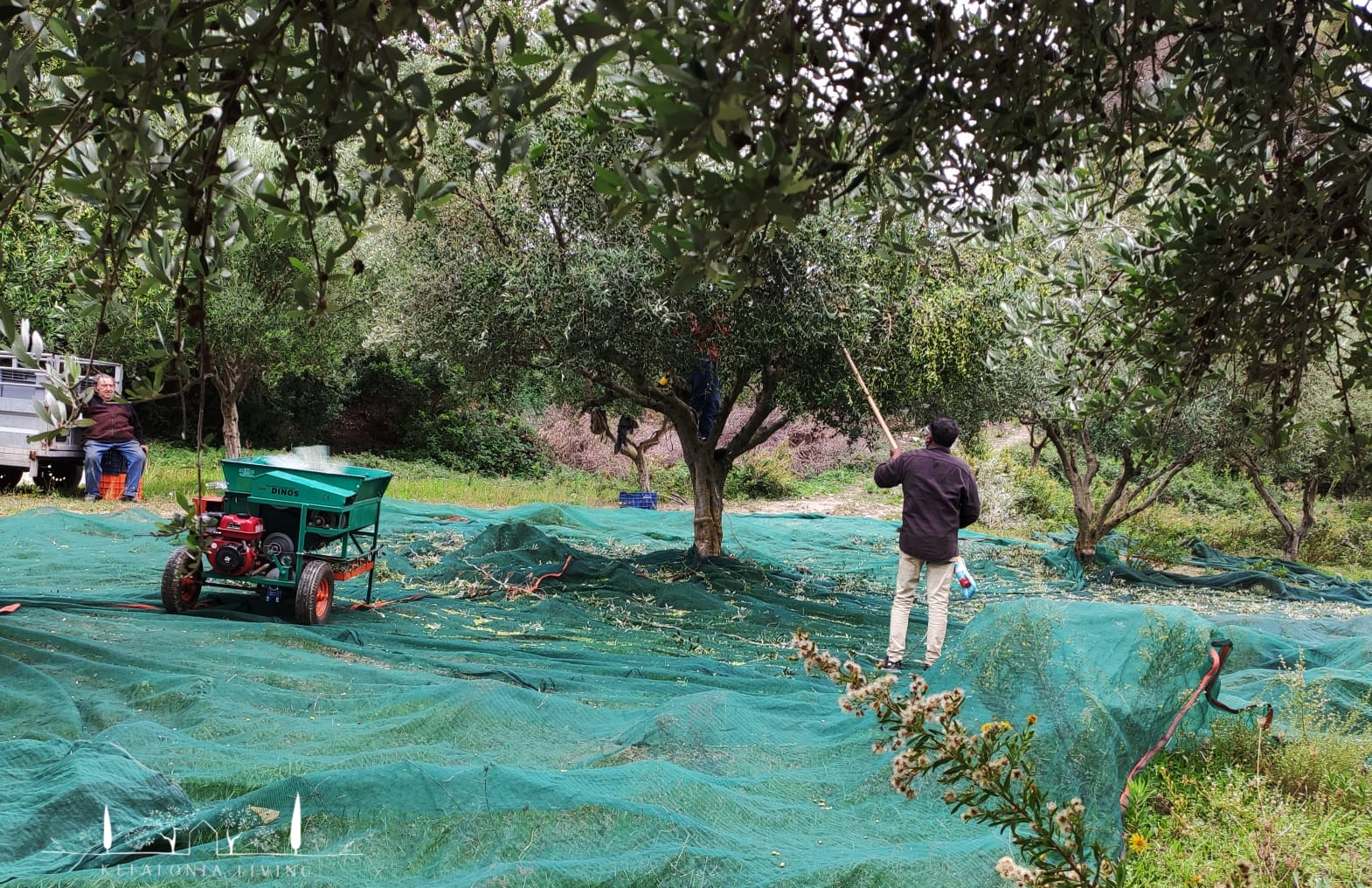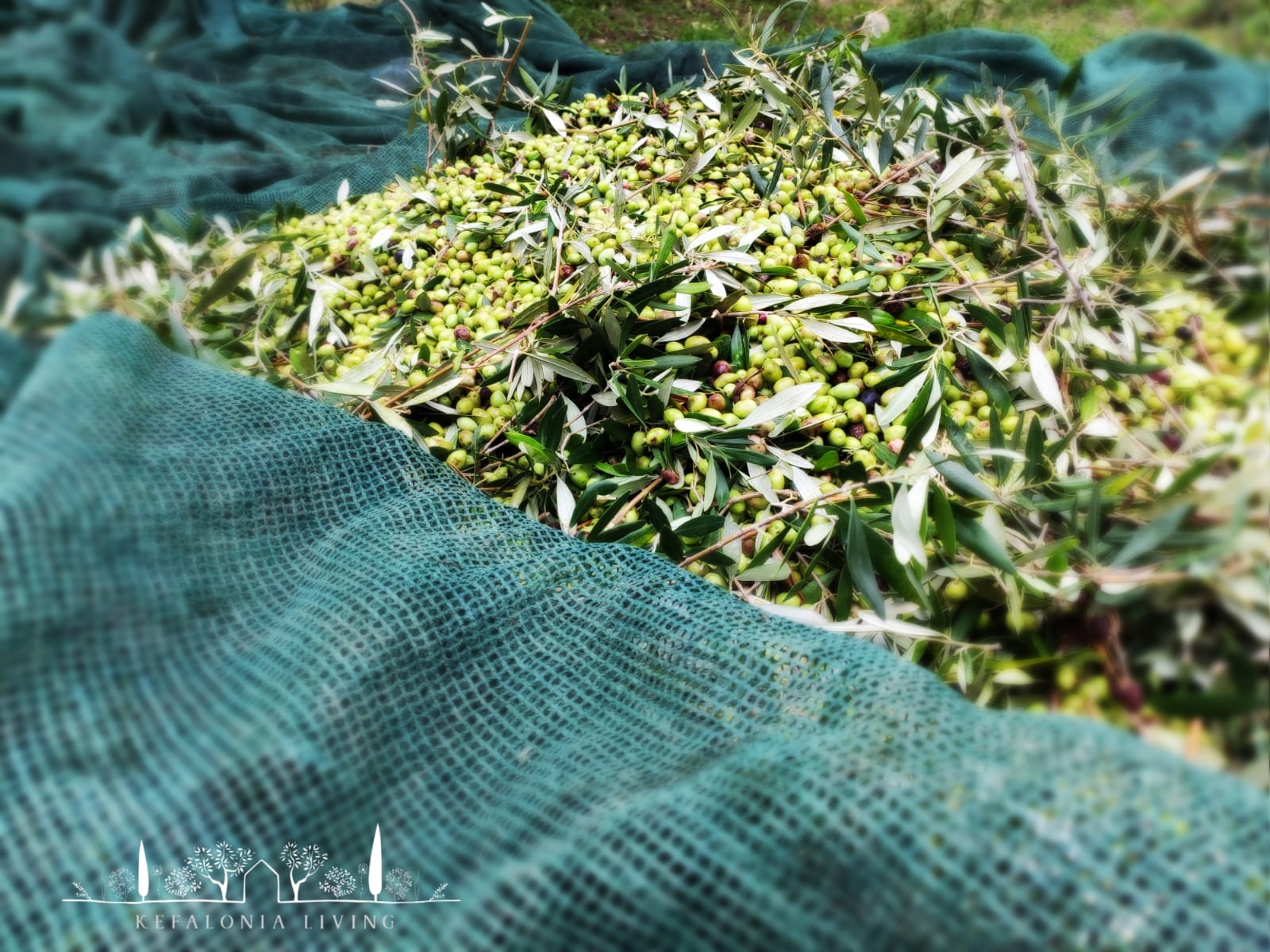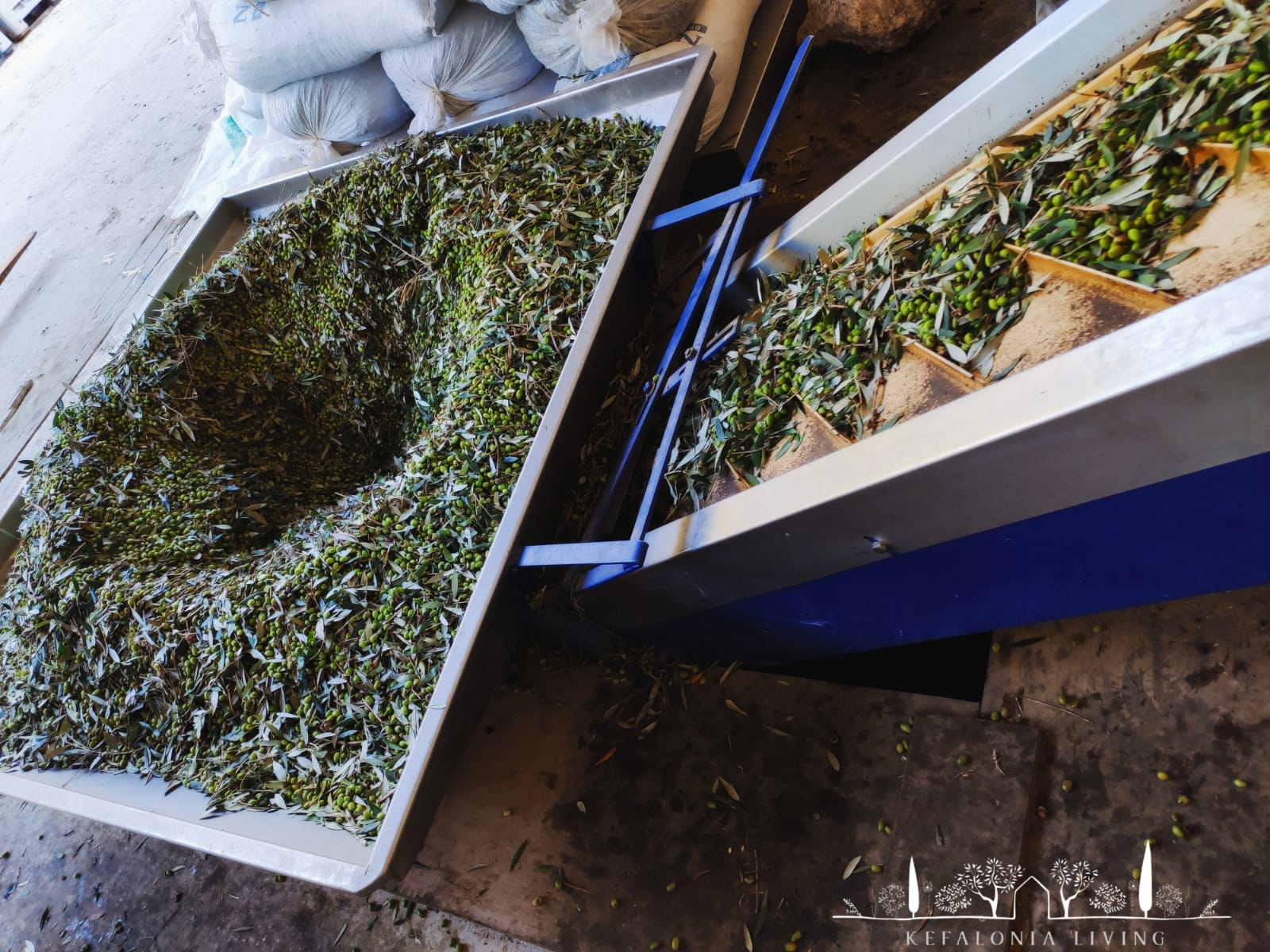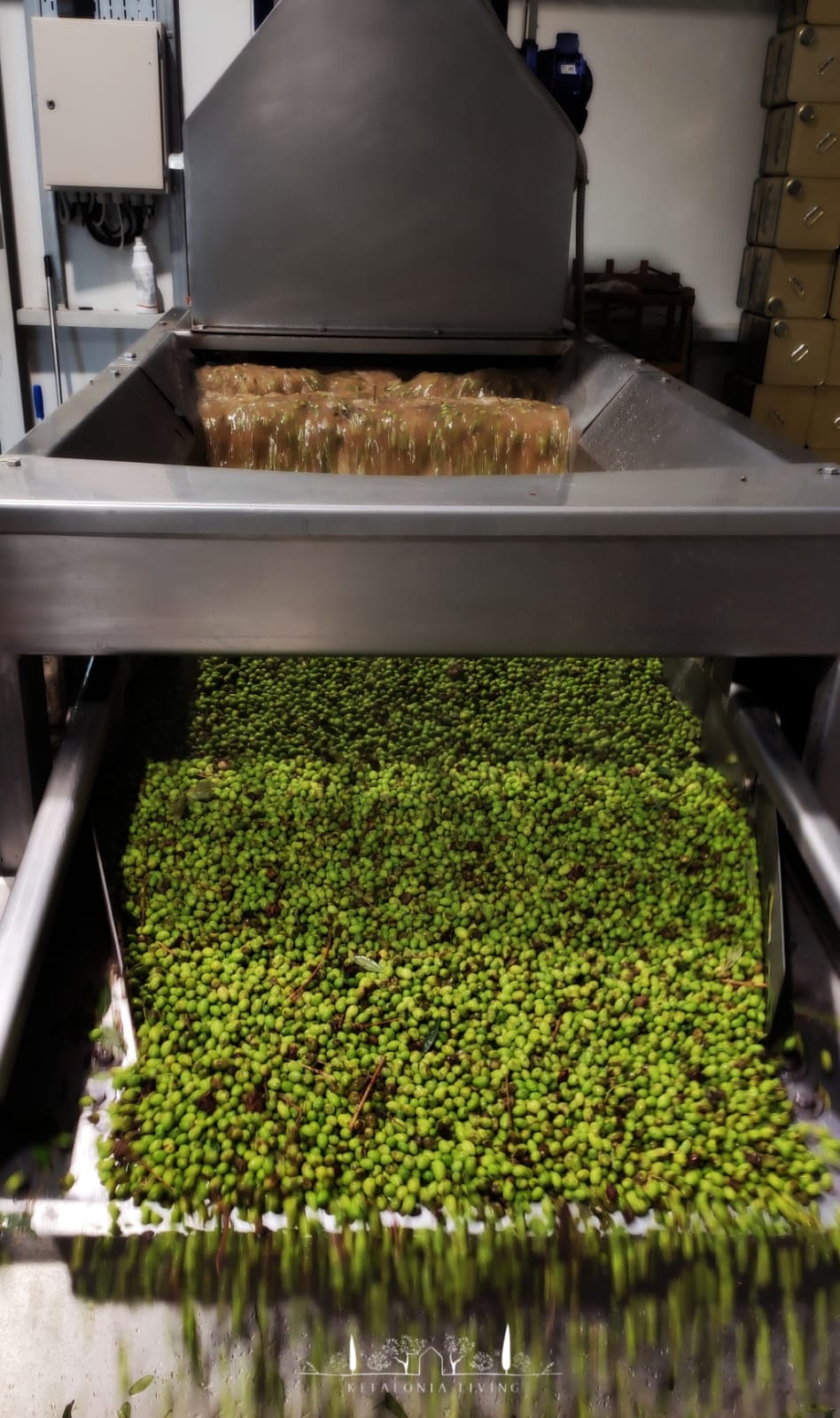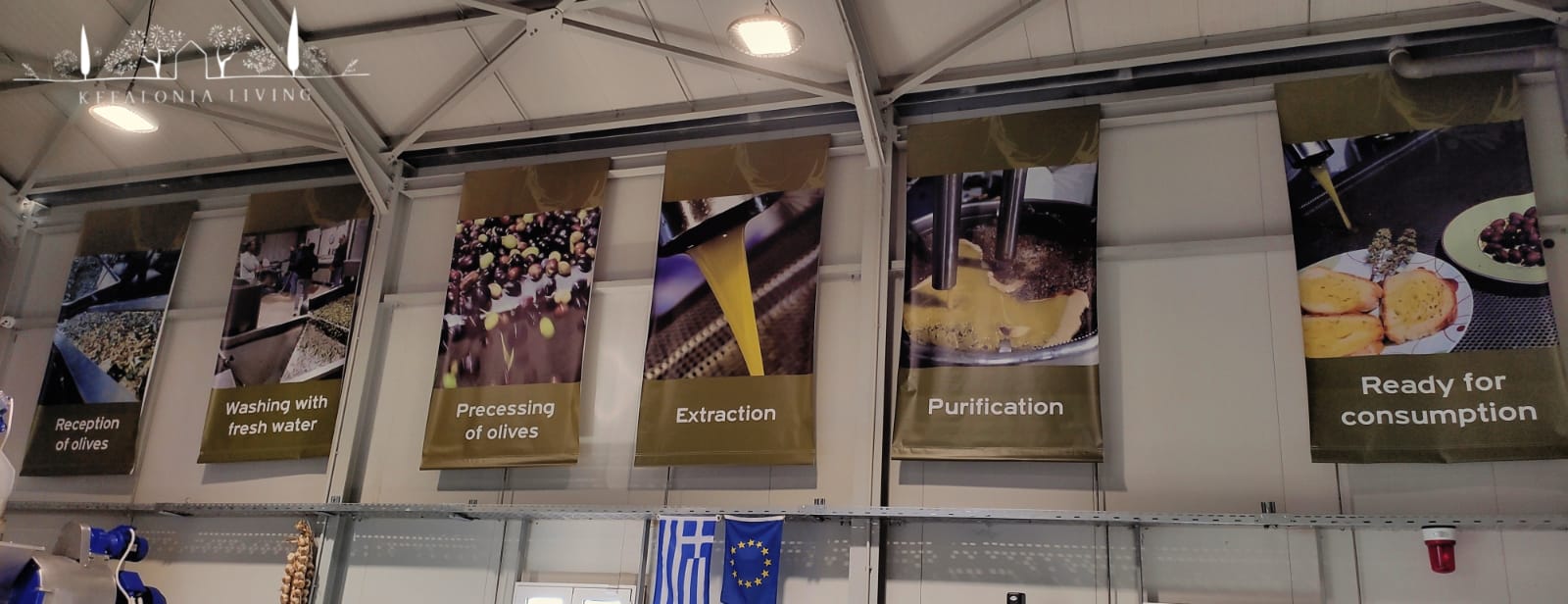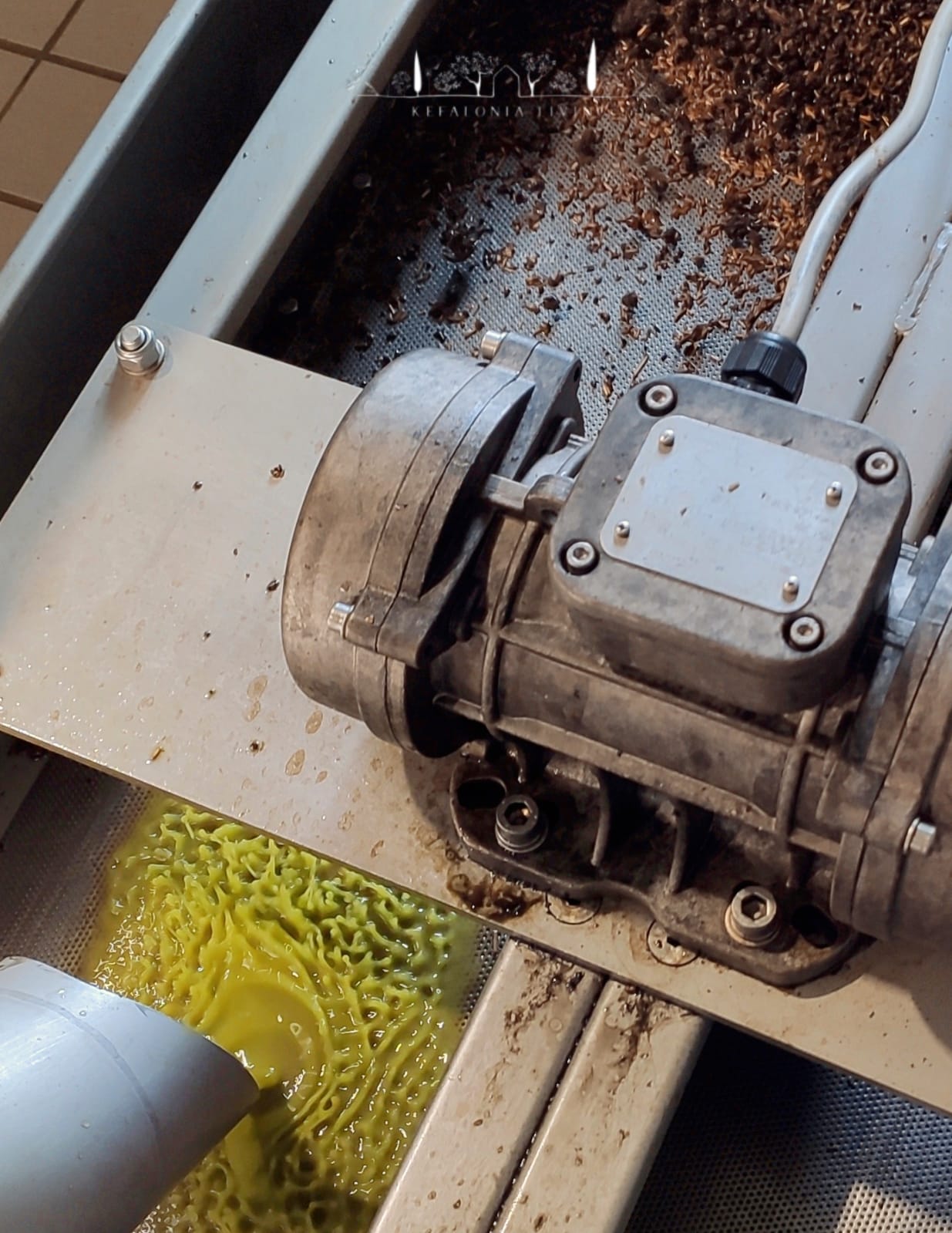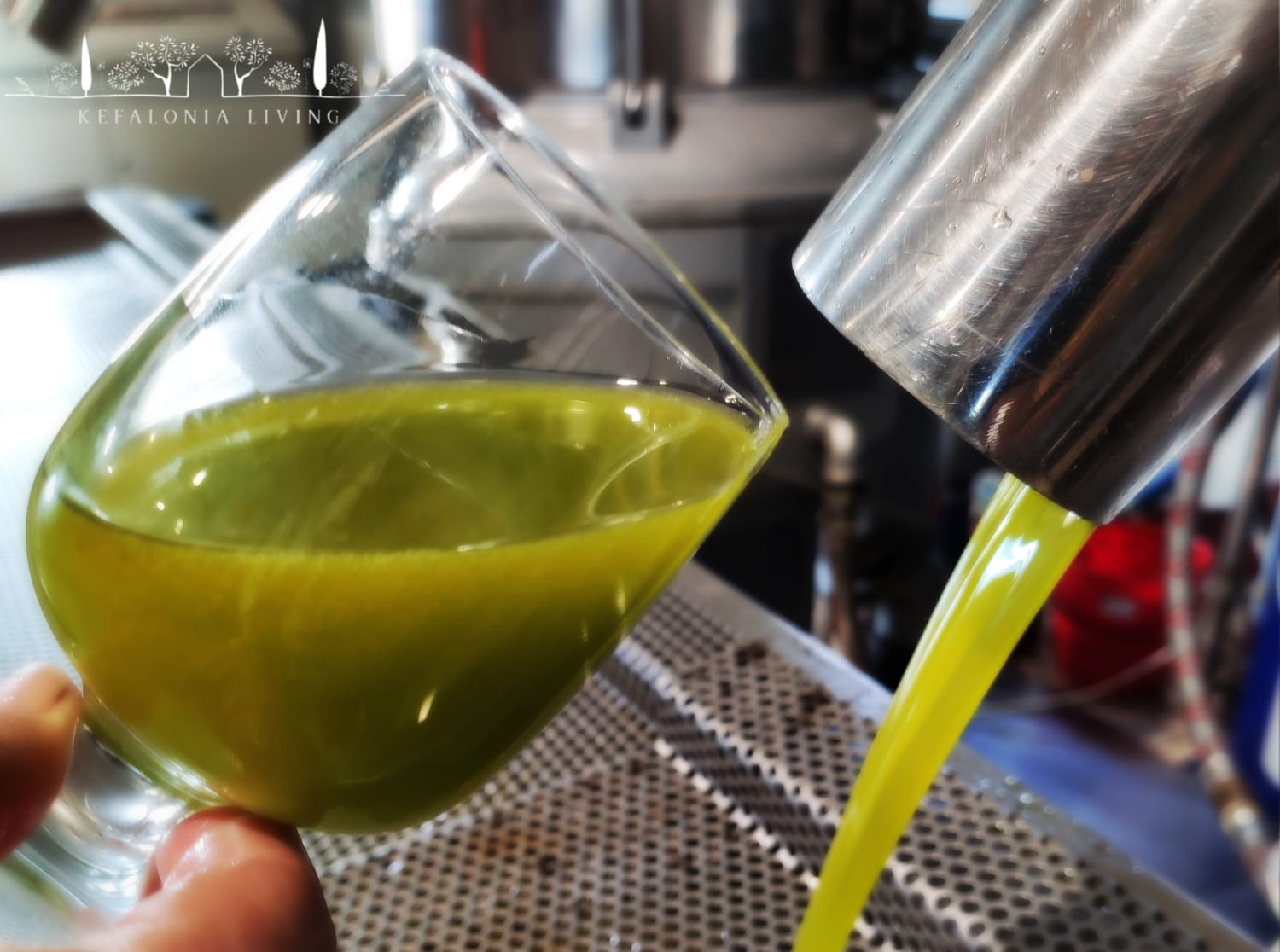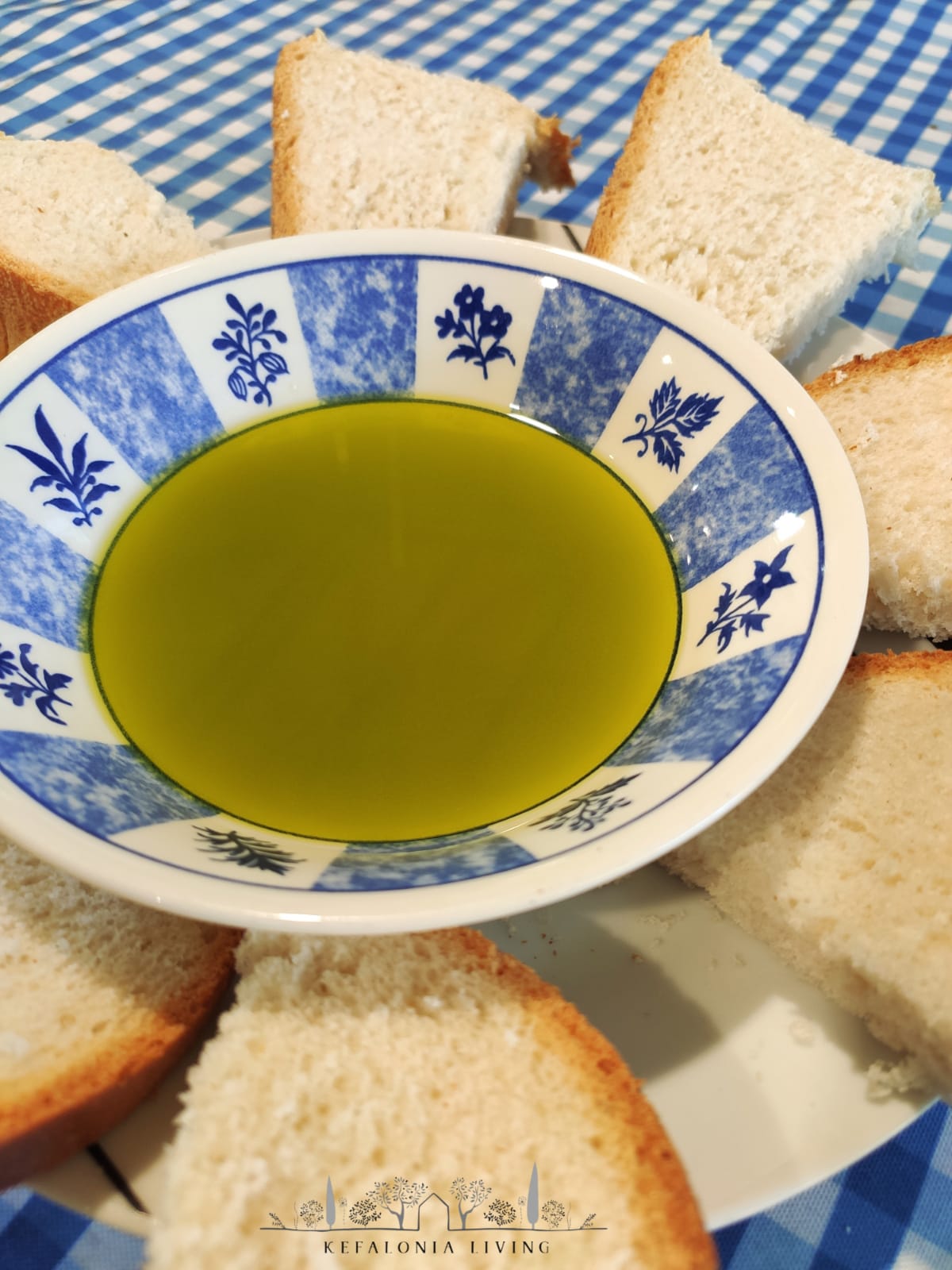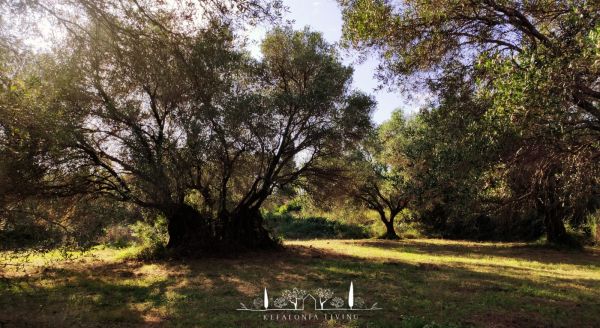In agricultural areas, when a child is born, the family often plants an olive tree that will grow with the baby. The tree will grow with the family and survive for generations, a living symbol of the continuation and evolution of life. A significant proof of the relevance that olive tree and its fruits have in Greek culture, as well as in Greek economy. Many Greek families also own houses in the countryside and on the islands and are involved in the cultivation of olive trees and the production of olive oil for the family. The tasty and healthy "liquid gold" is generously used in the preparation of most Greek dishes and is appreciated around the world as a gastronomic product of incredible value.
Olive oil has held a place of honor in the Greek tradition since the earliest times. In Ancient Greece it was considered a sacred product and was mainly used in medicine, cosmetics and religious ceremonies.
The olive trees themselves were considered a gift from the gods. It was a goddess, Athena, who planted the first olive tree in homage to the citizens of the main city of Attica. It was a source of food, healing remedies and firewood, a symbol of prosperity and peace. The people were so grateful to the goddess that they elected her protector of the city, renaming it in her honor as Athens.
Olive oil also played a leading role in the well-known Olympic Games. Not only did the athletes anoint their bodies to protect their skin and probably draw the public's attention to their musculature, but in case of victory they were rewarded with the fruit of the olive tree. No gold, silver or bronze medals, but an amphora filled with olive oil and a garland made from the branches of a sacred olive tree growing in the temple dedicated to Zeus in Olympia. An honor that would be recognized to the athlete for his entire life.
Olive oil is a resource of great importance for the rural economy of Kefalonia.
If until the 18th century the quantity of oil produced on the island was only enough to cover the consumption needs of the residents, following the loss of the Peloponnese and Crete, the Venetians significantly encouraged the plantation of olive trees and the increase in oil production to face the broader needs of the Republic.
Before the 1953 earthquake there were about 200 oil mills in operation on the island. Today there are only a dozen, although in Kefalonia there are over a million olive trees which cover almost 55% of the island's surface.
"Koroneiki", "Ntopia" and "Theiako" are the main varieties grown locally. Thanks to these tasty olives, Kefalonia olive oil has a deep green color, rich flavor, and low acidity.
During the summer, farmers visit their olive groves to make sure the trees are not affected by pests. The harvesting season lasts from two to three months, begins in mid-October and continues until mid-January. Green olives are harvested first and are used to produce the first oil, green, thick, bitter and rich in antioxidants.
Long nets are placed on the ground to collect the falling olives. Today, many of the modern Mediterranean olive oil producers use electric machines to shake trees but in Greece the ancient technique of hand picking olives still prevails. The olives are then placed in large bags and transferred to the mill to be processed within the day. They are weighed and immediately placed on a conveyor belt to be subjected to defoliation and washing with drinking water, thus separating the olives from twigs, leaves, dust and other elements that would compromise the quality of the oil. After washing the olives are pressed, i.e. they are dropped into an oil mill, crashed and transformed into a paste. The paste is then subjected to kneading, which means it is diverted into special containers to be mixed and heated until it becomes soft. During the extraction phase, a high-speed centrifuge separates the oil from the other elements of the pasta. The oil is then filtered and clarified to be ready for consumption.
This special time of the year can also be enjoyed personally by travelers interested in experiencing authentic Kefalonia. Participating in the harvest, producing your own olive oil and witnessing the processing in technologically advanced mills is a unique way to experience the truest Greece but also to witness a fascinating industrial production process. It is an amazing opportunity to enjoy the mild autumn on a Greek island, spend time chatting with the locals and why not, indulge in a sunset at the beach after a day of work.
If an alternative holiday is not for you or you cannot take a break in autumn, you can start getting to know Kefalonia oil with a tasting next summer! The Liocharis oil mill in Keramies is open for sale to the public and organizes tastings of its oil, a product of excellent quality that has received prestigious international awards.
